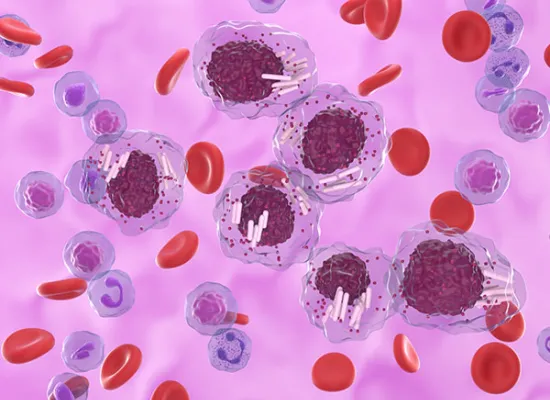
AMCP brought together experts to learn about food allergies caused by the body reacting strongly to certain foods. Food allergies can be difficult to handle and costly for both people and the health care system. New medicines could help prevent allergic reactions, including anaphylaxis, caused by accidental exposure to foods. It is important for health care leaders to make sure people with food allergies see the right doctors, get the right medicine at the right time, and help prevent allergic reactions and related health care costs.











